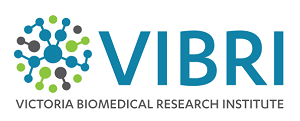Our Research Areas
Africa faces a double burden of infectious and chronic diseases. While infectious diseases still account for the highest-burden of morbidity and mortality on the continent, age-specific mortality rates from chronic diseases as a whole are actually higher in sub-Saharan Africa than in virtually all other regions of the world, in both men and women. Over the coming years, the continent is projected to experience the largest increase in disease and death rates from cardiovascular disease, cancer, respiratory disease, and diabetes.
VIBRI conducts health research in six research thematic areas.
